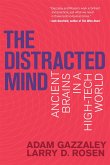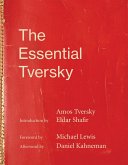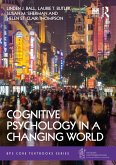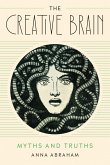What makes some experiences more memorable than others? How can you better remember specific information later? Memories That Matter addresses these questions and more.
The book is divided into three main parts, with each part focusing on a different aspect of memory. After the introductory first part, Part II discusses everyday uses of memory and why we remember, establishing a foundation for how memory is structured and stored in the brain. Part III dives into what makes us remember. Emotional and rewarding experiences are both more memorable than mundane experiences but are often studied using different approaches. Self-relevance and objects we can interact with are remembered better than less relevant information. The author explores these motivation-related influences on memory and considers whether a common mechanism underlies them all. Part IV changes the focus, discussing how we sometimes want to remember specific information that does not automatically captureour attention. The book considers evidence-based learning strategies and memory strategies, whilst also exploring real-world applications, with discussion of professions that accomplish amazing memory feats daily. The book concludes with a reflection on how the role of memory is changing as our world makes information increasingly accessible, particularly with the ever-expanding influence of the internet.
Drawing from a variety of literatures and perspectives, this important book will be relevant for all students of memory from psychology, cognitive neuroscience, and related health backgrounds.
The book is divided into three main parts, with each part focusing on a different aspect of memory. After the introductory first part, Part II discusses everyday uses of memory and why we remember, establishing a foundation for how memory is structured and stored in the brain. Part III dives into what makes us remember. Emotional and rewarding experiences are both more memorable than mundane experiences but are often studied using different approaches. Self-relevance and objects we can interact with are remembered better than less relevant information. The author explores these motivation-related influences on memory and considers whether a common mechanism underlies them all. Part IV changes the focus, discussing how we sometimes want to remember specific information that does not automatically captureour attention. The book considers evidence-based learning strategies and memory strategies, whilst also exploring real-world applications, with discussion of professions that accomplish amazing memory feats daily. The book concludes with a reflection on how the role of memory is changing as our world makes information increasingly accessible, particularly with the ever-expanding influence of the internet.
Drawing from a variety of literatures and perspectives, this important book will be relevant for all students of memory from psychology, cognitive neuroscience, and related health backgrounds.









